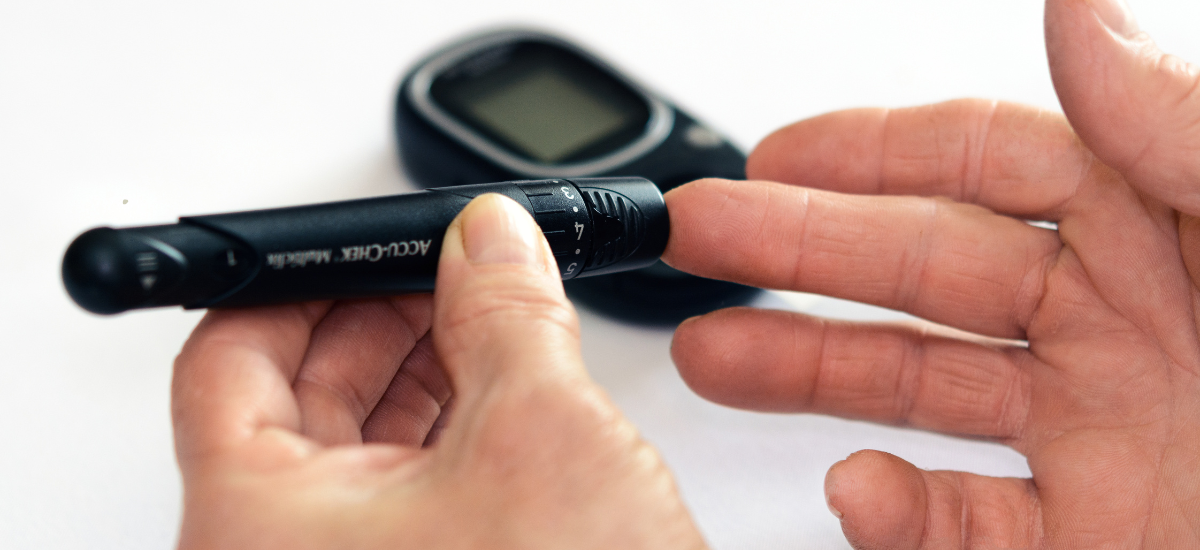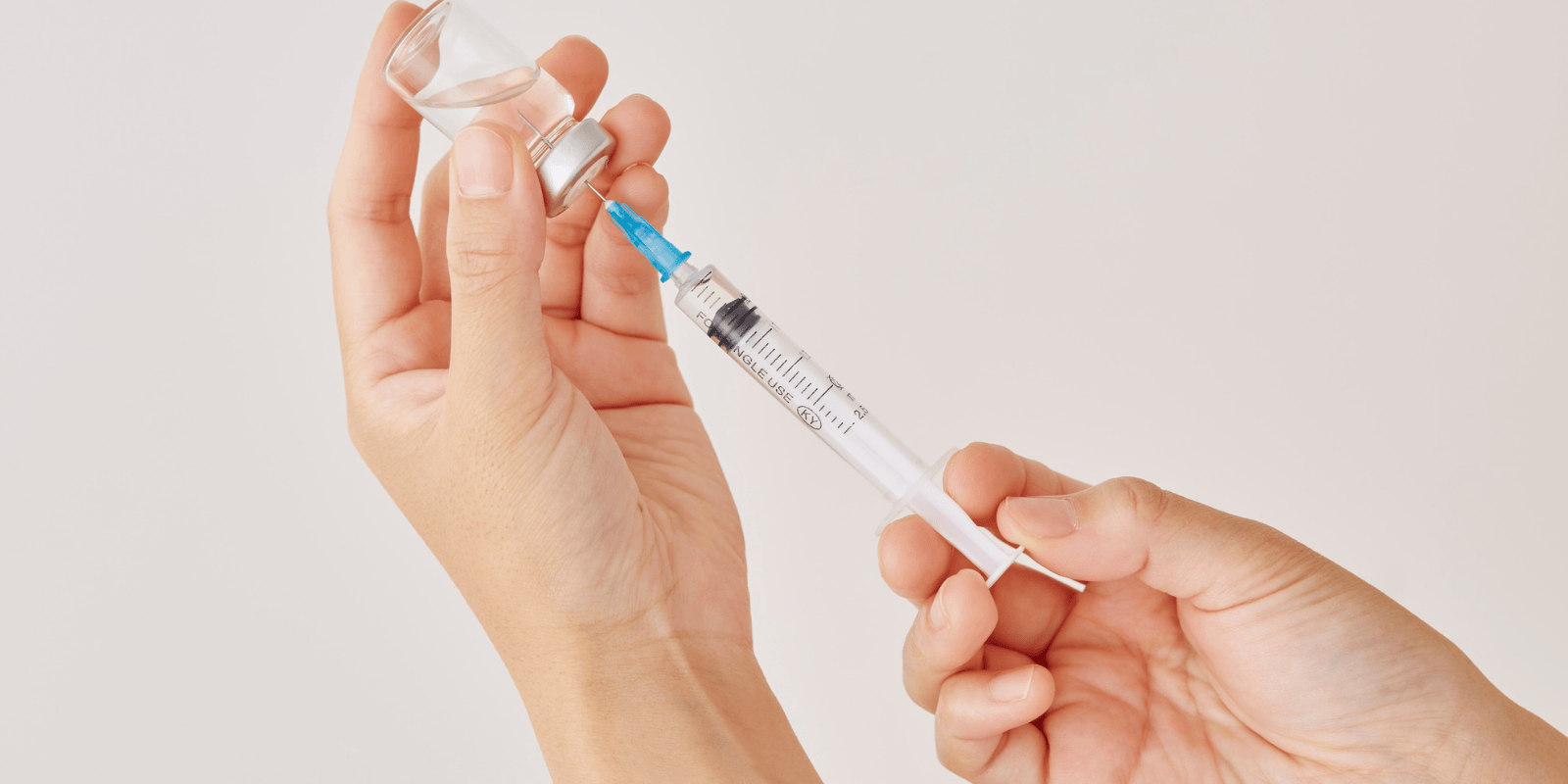
Autoantibodies are a malfunctioning type of antibody associated with the development of autoimmune diseases. Recent studies, however, have shown that autoantibodies are also present in a large proportion of healthy individuals. Studies showed that 5-20% of previously healthy patients who developed severe COVID-19 had higher pre-existing levels of autoantibodies to type I interferon (IFN) compared to those with milder illness. In other cases, autoantibodies have been shown to develop after infection. For example, increased levels of autoantibodies were identified in people after SARS-CoV-2 infection and untreated HIV-1 infection. The presence of autoantibodies to immune molecules such as IFN raises interesting questions about their role in immune regulation.
ICAM-1
Intracellular adhesion molecule 1 (ICAM-1) is an important cell surface receptor utilized by immune cells for adhesion and migration, which has been shown to be upregulated during viral infections and other inflammatory states. Despite being identified in patients with scleroderma and implicated in the rejection of heart transplants, little is known about autoantibodies to ICAM-1.
Given ICAM-1’s importance during inflammation paired with its associations with various diseases, a new study in ImmunoHorizons sought to identify and characterize the features of ICAM-1 autoantibodies of individuals with autoimmune disease, severe COVID-19, and healthy individuals.
Autoantibodies and Regulation
The study, led by Dr. Todd Bradley, Director of Immunogenomics at Children’s Mercy Research Institute in Kansas City, MO, revealed surprising results. Healthy individuals had significantly higher ICAM-1 autoantibodies compared to individuals with autoimmune conditions and severe COVID-19. Furthermore, the ICAM-1 autoantibodies blocked T cell adhesion and were enriched for IgG2 immunoglobulins. “These data suggest that ICAM-1 autoantibodies could play a functional role in regulating immune responses,” said Dr. Bradley.
The study also identified specific pieces of ICAM-1 that are targeted by autoantibodies, which may inform future diagnostic and functional studies. “We hope this work prompts the identification of autoantibodies to other key immune receptors to determine if antibodies play a significant role in controlling immune responses. This could lead to better stratification of inflammatory responses and treatments for individuals and establish ICAM-1 autoantibodies as potential biomarkers for immune regulation or inflammatory set-points,” said Dr. Bradley.
The research team intends to build on this work by investigating whether ICAM-1 autoantibodies directly modulate immune responses or reduce inflammation in animal models, as well as determine what triggers the development of these antibodies. The team will also compare ICAM-1 epitope targeting in healthy individuals versus those with disease to identify unique signatures associated with protection or pathology.
This paper is available in ImmunoHorizons, a fully open access peer-reviewed journal published by the American Association of Immunologists, committed to advancing the knowledge of immunology and immunology education.




